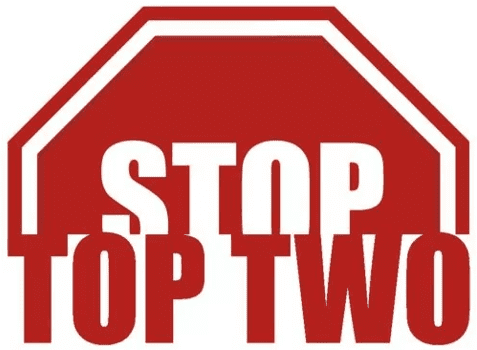
Since the passage of California’s “top-two” elections law in 2010, all candidates other than president have been listed on the same primary ballot, with only the top two of those names for each position going on to the general election. This has the effect of prohibiting a wide range of candidates from ever appearing on general election ballots. A new law that moves California’s primaries to March, however, may change that, argues ballot access expert and Ballot Access News editor Richard Winger in a recent article for Fox and Hounds Daily:
Governor Brown signed SB 568, which moves all of California’s partisan primaries from June to the first week in March, in midterm years as well as presidential years. The change is effective after 2018. Although much commentary about this bill has been published, there is little or no mention of the fact that a March primary for Congress and state office, in all election years, will very likely render the top-two system unconstitutional.
For almost 50 years, the federal courts, including the U.S. Supreme Court, has been ruling that states cannot shut down all methods for getting on the November ballot in the spring and summer of election years. But if SB 568 becomes law, there will be no means for a candidate (for congress or partisan state office) to get his or her name on the November ballot unless that candidate qualified by December of the year before the election. That is because California doesn’t let anyone onto the November ballot who doesn’t place first or second in the primary. And a March primary means candidates must qualify in December of the odd year before the election.
Election law prrofessor Derek Muller noted this on his blog, “An Excess of Democracy”, on September 21. He quoted from the Ninth Circuit decision that upheld Washington state’s top-two primary. The Libertarian Party had challenged that state’s top-two primary, submitting evidence that shows minor party candidates can never get on the November ballot unless they are lucky enough to have only one major party opponent (then, obviously, the minor party candidate can place second). The Libertarian Party argued that it is a severe burden for it, and its voters, to be excluded from the general election campaign season. But the Ninth Circuit said that is only a “slight burden”, because at least the minor party candidates and voters can participate in Washington state’s August primary. The Ninth Circuit said August is near the peak of public interest in the election.
But the Ninth Circuit also said that the case would be far different if Washington state’s primary were in March. That is because of the many court decisions that have held that states must have an avenue to the November ballot in the first half of any election year. Courts have noted that, in history, many times an unexpected event in the first half of an election year changes the campaign. For example, in May 1854, Congress unexpectedly passed the Kansas-Nebraska Act, changing Kansas Territory and Nebraska Territory from free territory, to territories that might have legal slavery if the voters in those territories wanted slavery. In response, on July 6, 1854, persons opposed to the extension of slavery organized the Republican Party, which went on to win a plurality in the U.S. House in the autumn 1854 election. If parties had been barred from getting on the ballot as early as May, that would have blocked the Republican Party from getting on the ballot that year.
The principle that governments must allow new entrants into an election, fairly close to the election itself, is so clear, that in July 2000, the U.S. State Department criticized Azerbaijan’s new election law because it did not allow parties to get on the ballot unless they had been organized at least six months before the election.
Other states have March primaries for Congress and state office, for example Texas and Illinois. However, those states have procedures for new parties, and independent candidates, to qualify for the ballot several months after the primaries are over.
Expect some or all of California’s minor parties (Green, Libertarian, and Peace & Freedom most likely) to argue that the new system, blocking all candidates from the November ballot who don’t file in the year before the election, violates the First Amendment.
